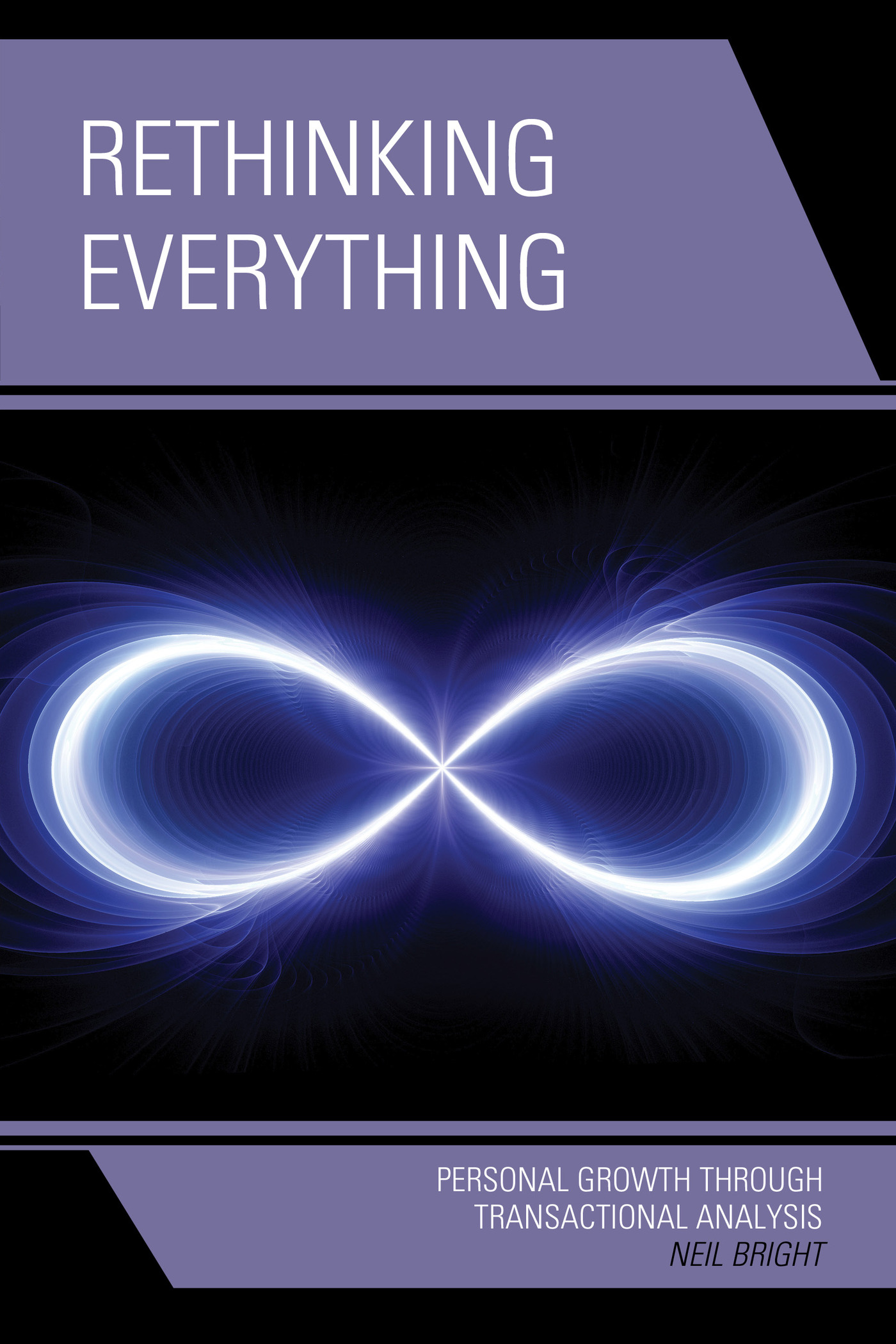Rethinking Everything
Those Who Can: Why Master Teachers Do What They Do
Rethinking Everything
Personal Growth through Transactional Analysis
Neil Bright
ROWMAN & LITTLEFIELD
Lanham Boulder New York London
Published by Rowman & Littlefield
A wholly owned subsidiary of The Rowman & Littlefield Publishing Group, Inc.
4501 Forbes Boulevard, Suite 200, Lanham, Maryland 20706
www.rowman.com
Unit A, Whitacre Mews, 26-34 Stannary Street, London SE11 4AB
Copyright 2015 by Neil Bright
All rights reserved. No part of this book may be reproduced in any form or by any electronic or mechanical means, including information storage and retrieval systems, without written permission from the publisher, except by a reviewer who may quote passages in a review.
British Library Cataloguing in Publication Information Available
Library of Congress Cataloging-in-Publication Data
Bright, Neil, 1949
Rethinking everything : personal growth through transactional analysis / Neil Bright.
pages cm.
Includes bibliographical references and index.
ISBN 978-1-4758-0878-0 (cloth : alk. paper) ISBN 978-1-4758-0879-7 (pbk. : alk. paper) ISBN 978-1-4758-0880-3 (electronic) 1. Self-actualization (Psychology) 2. Transactional analysis. I. Title.
BF637.S4B745 2015
158dc23
2015000453
 TM The paper used in this publication meets the minimum requirements of American National Standard for Information Sciences Permanence of Paper for Printed Library Materials, ANSI/NISO Z39.48-1992.
TM The paper used in this publication meets the minimum requirements of American National Standard for Information Sciences Permanence of Paper for Printed Library Materials, ANSI/NISO Z39.48-1992.
Printed in the United States of America
Without the people I love, whatever else I have
and whoever else I am would mean little.
The unexamined life is not worth living.
Socrates
Preface
We knowers are unknown to ourselves, and for good reason; how can we ever find what we have never looked for?
Friedrich Nietzsche
Looking back, the springboard for this book was an immature attempt to earn a relatively easy three graduate credits to maintain my teaching credential by taking a class on a topic I had neither interest in nor knowledge about. Little did I know, that seemingly unimportant course on Transactional Analysis (TA) would blossom as a more comprehensive psychology elective that I would offer as a reality-changing experience for me and, ultimately, for my students. For during that long ago semester, in finding what had never been looked for, Ive lived a life I never could have imagined.
In identifying, naming, and demystifying the often ineffectual behaviors of myself and my students, Transactional Analysis in particular and psychology in general provided me with a Rosetta stone for becoming happier, more in control, and increasingly effective in both my personal and professional affairs. Yet at times criticized as an overly simplistic account of human behavior, it is hard to fathom a clearer description of ones internal world and a more immediately obvious So thats it! explanation of why we do what we do than TA.
And that this is so is beyond doubt. For class after class, year after year, and student after student numbering in the thousands, this pragmatic and relatively uncomplicated theory of existence has resonated as true to personal experience.
But in understanding the complexities of the economy, the weather, the solar system, why humans act as they do, or virtually anything else, there is genius in simplicity. For while still recognizing the contributions of childhood events to current actions in a general sense, rather than endlessly searching for specific and past causes of dysfunctional conduct, Transactional Analysis in the simplest of terms provides the self-regulating awareness to immediately recognize, label, and examine such failings and to use that awareness to curb self-sabotaging behaviors leading to counterproductive ends.
In fact, greater self-understanding, TA related or otherwise, can have a far more positive impact than merely to preempt problems. Once a fundamental emotional or behavioral foible has been identified and intellectual forces brought to bear to remedy that failing, awareness-inspired correction can lead to an improved life in ways not initially recognized as even remotely connected to the original problem. Thus even lacking certainty as to the historical causes of a behavioral shortcoming, changing how the world and ones reactions to that world are currently perceived, has the power to change everything. For if perceptions lead to beliefs and beliefs lead to feelings and ultimately to behaviors, changing the first link in that chain changes all.
In any case, even if an individuals disordered childhood history is known, later actions are still unpredictable. As such, the identification of specific and past events unquestioningly retrofitted as causes for current conduct serves little purpose. In understanding human behavior, just because something has occurred early in life rarely is there any certainty as to its ultimate result or, among countless other possibilities, whether that something was the primary or even a contributing cause of later activity.
Its not that past history does not importantly affect current behaviorof course it does. Yet even if an irrefutable cause-and-effect relationship between yesterdays experiences and todays conduct was not elusive at best, definitively knowing the historical cause or causes of a detrimental behavior still does not guarantee its cure or even its diminishment. Understanding the cause of a problem is not the same thing as doing something about it. Or as George Bernard Shaw observed: We are made wise not by the recollection of our past, but by the responsibility for our future.
Most importantly, the shortest distance between emotional pain and emotional health is often not greater attention to what was but greater awareness of and responsibility for what is. If motivated to change, one need not initially focus on the genesis of counterproductive behaviors but on current choices and the content of ones inner dialogue. And likewise, one need not possess a doctorate in psychology or rely on esoteric language to do so. To that end, in making psychology more accessible to everyone, the founder of Transactional Analysis said it best in remarking that if something cant be understood by an intelligent eight-year-old it isnt worth saying.
However, precisely because of its colloquial language understandability, TA was initially rejected by some within the psychological establishment. After all, by postulating that human behavior could be better understood by almost anyone, Transactional Analysis in closing the status gap between the common man and uncommonly educated scholars may well have threatened that standing. But whether threatening or not, cynically doubting and well-lettered critics viewing TA as superficial or a quick fix originally overlooked Transactional Analysis as a serious discipline.
Yet whatever the reason for TAs past devaluations, simplifying psychological terms and concepts so that the masses can be more active participants in their own healing should not disqualify Transactional Analysis as an important therapeutic tool. Above all things, since motivation requires believing that a goal is worth attaining and that reasonable effort will lead to that goal, TAs focus on self-improvement clearly satisfies the first requirement and its user-friendly vocabulary just as clearly satisfies the second.
Next page
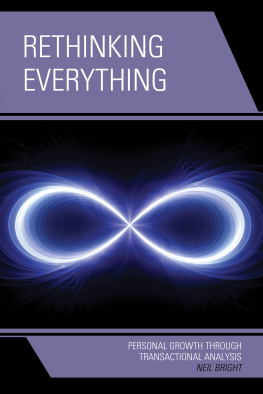



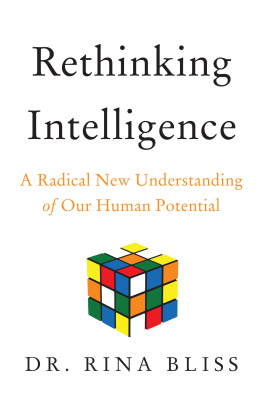
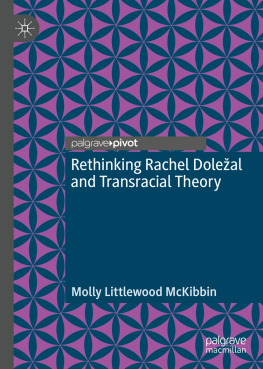

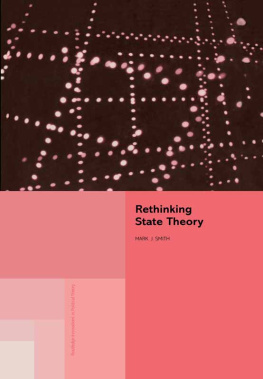
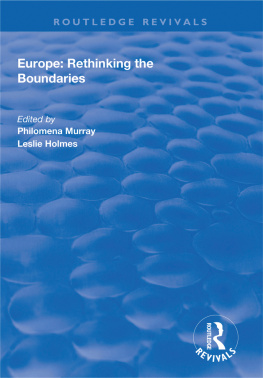
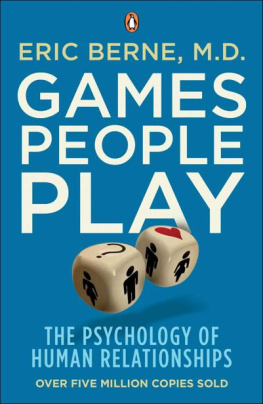
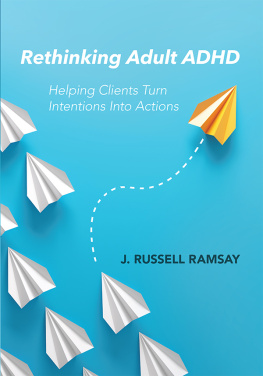
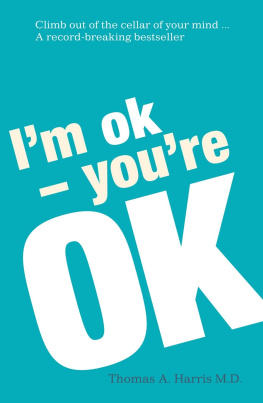
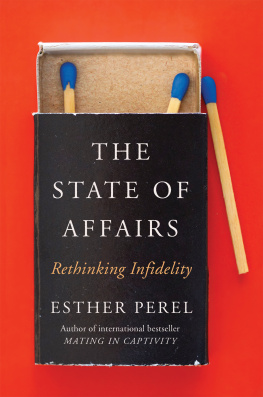
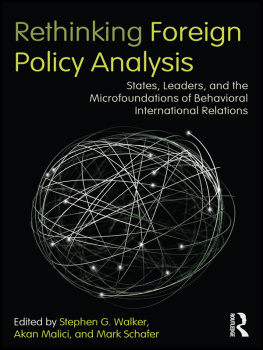
 TM The paper used in this publication meets the minimum requirements of American National Standard for Information Sciences Permanence of Paper for Printed Library Materials, ANSI/NISO Z39.48-1992.
TM The paper used in this publication meets the minimum requirements of American National Standard for Information Sciences Permanence of Paper for Printed Library Materials, ANSI/NISO Z39.48-1992.